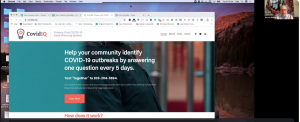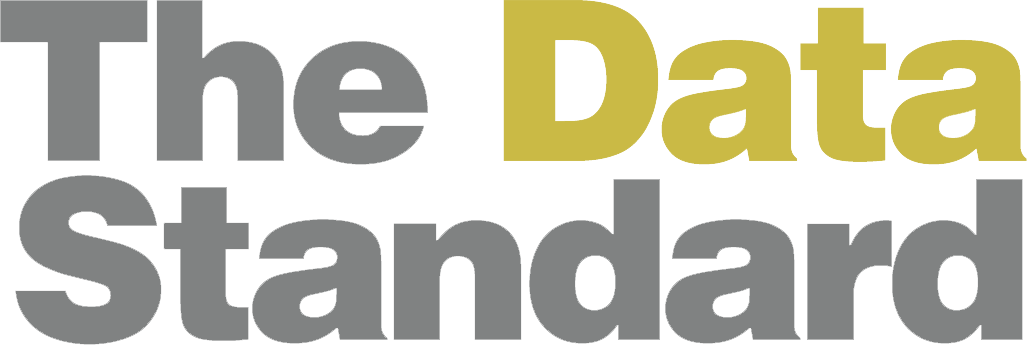It’s no secret that data is companies’ key competitive tool. But if you lack the resources to turn that data into gold — mine it, model it and find your opportunities — it’s practically worthless. That’s why companies must invest in and build strong data science teams, yet we hear all the time that it is difficult to find good talent. McKinsey predicted a shortfall of 140,000 data scientists — open positions companies are desperate to fill.
So how do you close the talent gap in data science and create competitive advantage?
The Data Standard decided to take a look at consulting giant Accenture, where corporate acquisition is the answer. Using much of its $1.5 billion acquisition budget for 2019, the consulting giant Accenture acquired no fewer than six companies focused on data science to expand its Applied Intelligence unit, which employs data scientists, data engineers and AI professionals working on Accenture’s analytics, data and AI capabilities. Before its slew of acquisitions, Accenture already boasted 6,000 data scientists. Further expansion indicates the great demand among its Fortune 500 clients for data science expertise.
Accenture’s Acquisitions since June 2019:
- June 2019: Bridge Energy Group, a Boston-based IT consulting, systems integration & data analytics firm focused on North American electric utilities, bringing approximately 200 employees to Accenture
- August 2019: Australian big data consultancy Analytics8, adding 70 employees
- September 2019: Pragsis Bidoop for big data, artificial intelligence (AI) & advanced analytics expertise. Accenture’s Applied Intelligence business gained 200 employees
- October 2019: Sutter Mills, a French firm that specialized in developing data-driven marketing strategies, brought 75–100 employees
- Dec 2019: Clarity Insights, a data consultancy focused on data science, machine learning and artificial intelligence. Its 350 employees were absorbed into Accenture Applied Intelligence
- February 2020: Mudano, a UK-based data consultancy focused on financial analytics, became part of AAI and brought around 100 employees
In all of 2019, Accenture spent $1.2 billion on 33 acquisitions, following on substantial investment in data firms in 2018.
“Our acquisition momentum in Applied Intelligence enables us to deliver AI at scale to clients around the world across a range of industries,” said Athina Kanioura, chief analytics officer and global lead, Accenture Applied Intelligence, in February. “By bringing new talent and capabilities into our business, we complement our ongoing organic growth strategy and increase our speed to market.”
Elsewhere, Google has spent billions to beef up its data science capabilities, signaling with its 2017 acquisition of community and competition site Kaggle that it was serious about bringing businesses and data scientists together. But the big acquisition was data analytics startup Looker, which it scooped up in February for $2.6 billion, the fourth-largest acquisition in the tech giant’s history. Salesforce acquired data visualization business Tableau for $15.7 billion last year, another big move for the industry. But Accenture’s strategy is different from tech firms expanding tech capabilities.
What does all this mean for data scientists? It’s another career path that may lay ahead of them. As big companies look for startups to acquire, data scientists can know that a dream job at a big firm may come by picking the right startup — sometimes an easier way to get a foothold.
For companies seeking to build up their data science capabilities, acquisition doesn’t have to be on the scale of an Accenture, Google or Salesforce. If you like something you see at a small startup, that may be one of the fastest routes to bringing those skills in-house.





